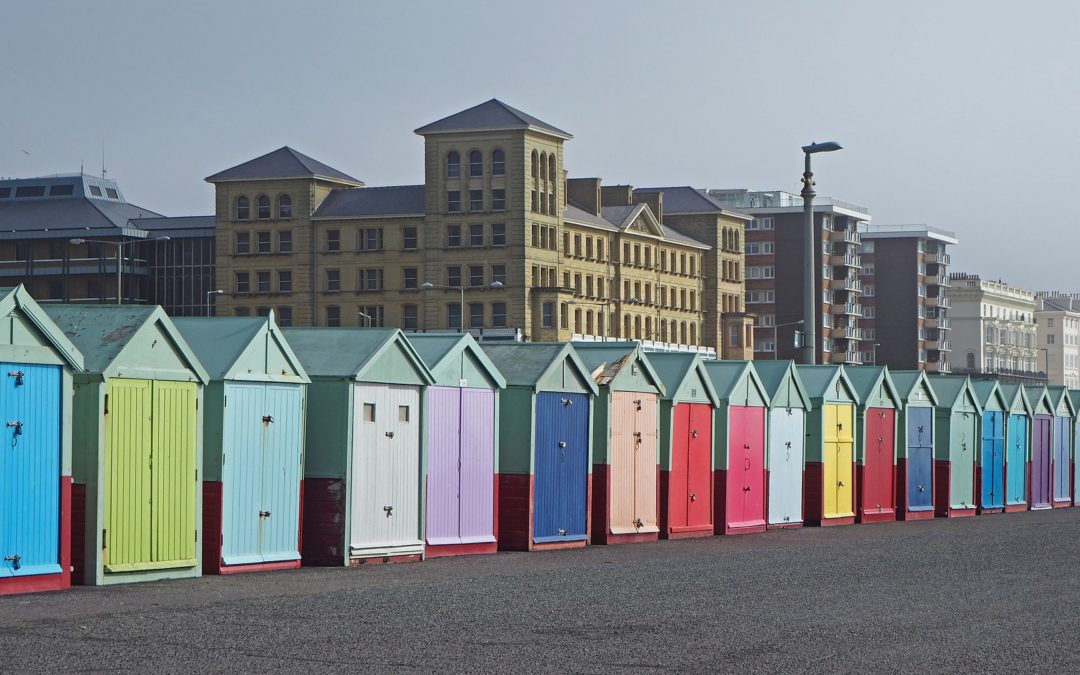Experts have warned that it could take the Greater Brighton economy eight years to recover from the coronavirus measures brought in by the government this year.
The warning is included in an “impact assessment” by consultants Hatch for the Greater Brighton Economic Board.
Hatch found that the lockdown and related restrictions had had a “significant impact” on growth.
It estimated an 11 per cent drop in economic growth this year in Greater Brighton – an area that stretches from Brighton and Hove to Gatwick and from Seaford to Bognor.
Hatch predicted that economic activity would not return to pre-covid levels until 2028.
The board, made up of key figures from seven councils as well as business and education leaders, commissioned the report in July.
It was concerned about rising unemployment, businesses closing and challenging times in the cultural, education, tourism and transport sectors.
The report, which is due to go before the board at a “virtual” meeting next Tuesday (20 October), said: “The Greater Brighton region has been impacted significantly by the covid-19 pandemic, notably in the creative, arts, visitor economy, transport and education sectors.
“The Recovery Plan highlights the actions the board can take to mitigate the impacts and encourage the economy to grow in a sustainable way.
“The board must work together and across geographical boundaries to make this happen.
“The Greater Brighton Economic Board continue to lobby government for support in the hard-hit sectors.
“The board should consider the opportunities provided by new government programmes and new funding streams, recognise national calls for a ‘greener, fairer and more resilient’ recovery and use this to frame recovery actions referring to the government narrative on ‘levelling-up’.”
According to the report, two thirds of Greater Brighton businesses used the government’s furlough scheme.
And 15,000 businesses in the area received more than £200 million in grants.

But the Coast to Capital Local Enterprise Partnership (LEP) said that 74 businesses became insolvent in June, an increase from 39 in May.
Brighton and Hove was in the top 20 towns and cities in Britain for insolvencies since the start of lockdown.
Manufacturing and construction industries were returning to pre-covid-19 levels much more quickly than anticipated.
And the tourism sector benefited – albeit relatively briefly – from the number of people opting for a staycation over the summer.
To encourage visitors, the board is working with Visit England, Experience West Sussex and Visit Brighton.
They aim to promote the region and lobby the government for a tourism deal.
Recommended actions include attracting more inward investment to the region by encouraging businesses to relocate here.
The board is also urged to work closely with Brighton University and Sussex University to support research and development (R&D) innovation.
Brighton and Hove should be pitched as a “quantum city”, the report said, with leading technological skills training and a “knowledge economy” making it a hub for a “highly skilled and creative workforce”.
The creative industries are worth an estimated £1.5 billion a year to the Greater Brighton economy but they ground to a halt in late March.
Nationally the sector is believed to be losing £1.4 billion a week. This week cultural organisations across the area heard how much financial support they would receive from the government’s £1.57 billion rescue package.
The report said: “The crisis has demonstrated how important culture can be in supporting mental wellbeing.
“Furthermore, work patterns that will become the ‘new normal’ are nothing new to creative enterprises and freelancers.
“They are used to working digitally and remotely and have a wealth of experience in remote collaboration that will be useful to other sectors which are having to adapt.”











Essential now is to consider the nature of fulfilling work and what one really needs to buy, all buttressed by a universal basic income to foster aspirations during life’s short span. The report cited here appears to be going back to the old ways which are eating up the planet.